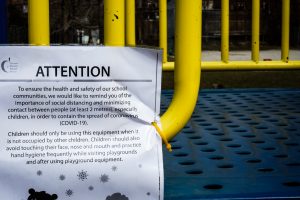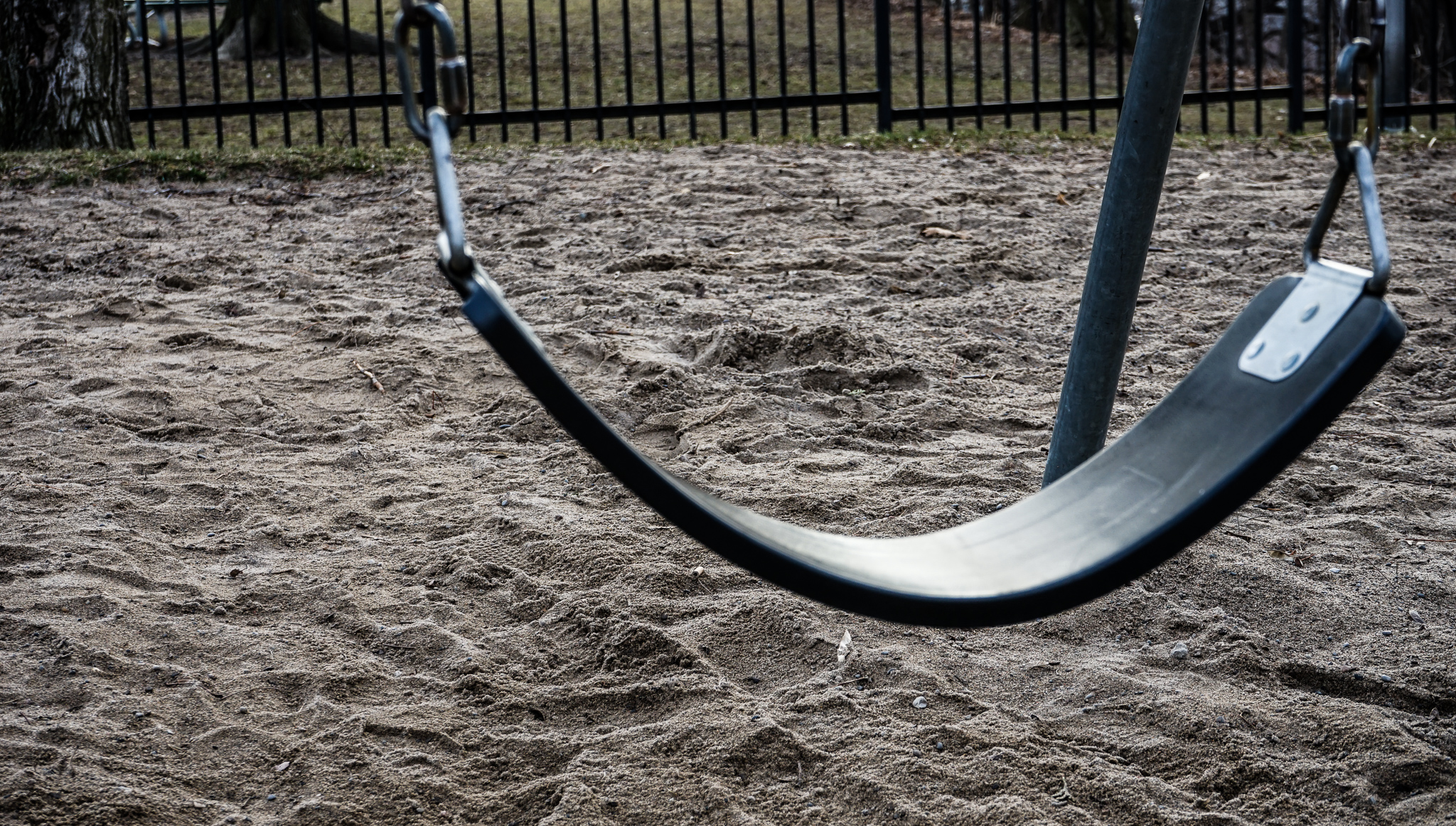Education and COVID-19
The combined effects of COVID-19 and the economic crisis that accompanies it, present huge challenges to governments at all levels. The situation is changing daily- even hourly.
Ontario’s Ministry of Education wisely closed schools in response to COVID-19 and we can’t be certain when they will re-open. It appears, from rapidly increasing limits to social contact that they may stay closed long after April 6, when students planned to return. The Ministry has cancelled grade 3 and 6 EQAO (Education Quality and Accountability Office) tests of math and literacy. It has also cancelled the grade 9 Ontario Secondary School Literacy Test (OSSLT). Students so far, will not lose their ability to graduate from secondary school and apply for post-secondary education.
From a school perspective, all responses to the pandemic are necessarily tentative and stop-gap. The Ministry of Education has a link to the Learn at Home portal to connect families with Ministry resources like “Do Math with your Child” as well as outside resources like TVO Kids
The Toronto Catholic District School Board TCDSB Learning Resources and the Toronto District School Board (TDSB) have put many links to learning resources online. Some of them like Khan Academy could provide useful math review for kids. Others the National Film Board offer short films for all ages of kids, some with interactive guides There’s also quite a bit of material there from TV Ontario from ABC Singsongs for primary students to TVO Documentaries for kids in high school. The TDSB virtual Library is open and provides links to temporarily free sites like Pebble Go and Capstone Library.
The problem is that families need access to the internet to use any of this material. So, if kids are going to be out of school any longer, access must be a priority.
Whatever the Ministry of Education or school boards decide to do, there are a few essential points worth noting:
Safety First
Toronto Public Health advises clearly: Do not congregate in groups of any size, keep at least a 2-metre distance from people, stay at home as much as possible, get groceries only when needed, wash hands frequently and avoid close contact with others. So, any suggestions like those that appeared in the local media the other day about students working with neighbours or doing research in the community are just not safe. The Ministry and School Boards need to work out ways to give kids who don’t have it, access to the internet – but any plans have to mindful of the dangers of exposure.
Education is especially important during this time of pandemic.
That’s why educators, ministry officials and school boards need to work even harder to come up with a plan for reaching kids who don’t have resources. Many of these kids live in families already under financial stress; all the business and government shutdowns are making it even worse. Provincial and federal government must get money to these people immediately and regardless of employment or immigration status.
Beyond that, young people need the structure and predictability that education provides. As response plans develop, teachers will need to make use of their classroom phone lists to get through to their students – contact alone will help enormously. But it will also help to find who doesn’t have the resources that others do.
Leave politics aside for now
We’re in uncharted waters. There have been a couple of posts lately complaining about using e-learning with students, something that teachers have rightly fought against all year. This is wrong-headed. E-learning couldn’t be more appropriate at a time when people shouldn’t come in close contact with one another for fear of spreading a virus. School has written often and emphatically about the about the serious problems associated with mandatory e-learning. But the Ministry, so far, is not making it mandatory. Its portal is barely developed and materials are not meant to “replace what students have been learning in school.” So, for now – let it go.
Pay close attention to politics
Both Ontario and Toronto have declared states of emergency, giving governments powers, among others, to ban gatherings, close businesses and other places where people congregate. Such declarations also enable them to spend unprecedented amounts of money to provide relief for people and shore up the economy. The federal government has just passed emergency legislation enabling Cabinet to spend money on emergency health measures until September 31. It has already announced $82 billion spending package and tax deferrals to help businesses and workers deal with the pandemic.
The essentials of this emergency legislation make sense– as long as the money required gets to all the people who need relief, who will need jobs and income when the immediate crisis of the pandemic has passed and we begin to pay the government’s bills. Ricardo Tranjan of Canadian Centre for Policy Alternatives wrote yesterday that 46 percent of working tenants in Canada have less than a month of employment income as a buffer against hard times.
Vigilance is critical right now. It is too easy, in times like these, for governments to take powers they don’t require and are reluctant to cede when things improve. In a draft of the federal legislation passed earlier today, the Liberal government attempted to take on emergency taxing and spending powers for 21 months. This is far too long and there is no good reason that Parliament cannot continue to oversee government plans and actions.
We have to watch who gets the money governments dole out in an emergency and how it’s used – no corporations should be raising the pay of their executives or handing out bonuses. No company should profit from this combined heath and economic disaster.
We need to watch even more closely when governments try to further their agenda after the crisis passes, by saying “Sorry, but due to unforeseen circumstances we need to make deeper cuts to ……” – fill in the blank. The temptation will be palpable for the Ford government to use COVID-19 as an opportunity to cry poorer and make the changes to critical services like education it’s pushed for the last 20 months: mandatory e-learning, increased class sizes, cuts to school board budgets and more.
It’s a time of frightening uncertainty and “shock” as writer Naomi Klein calls it. In all the confusion, fundamental social relationships, businesses, institutions and services change in a snap. All the more important to wash our hands frequently, keep a safe distance and watch, like hell, what moves governments and their corporate partners are making.


